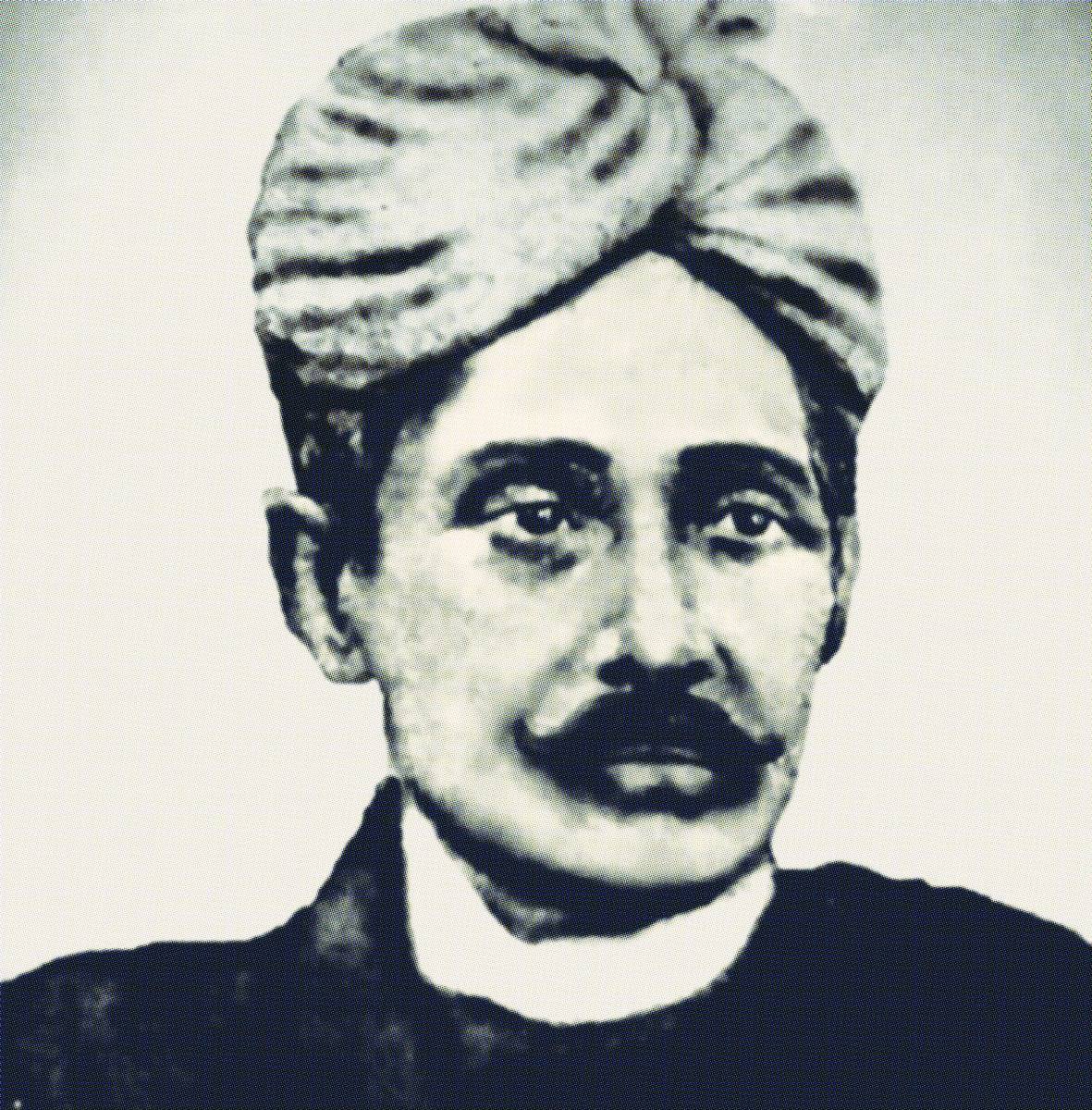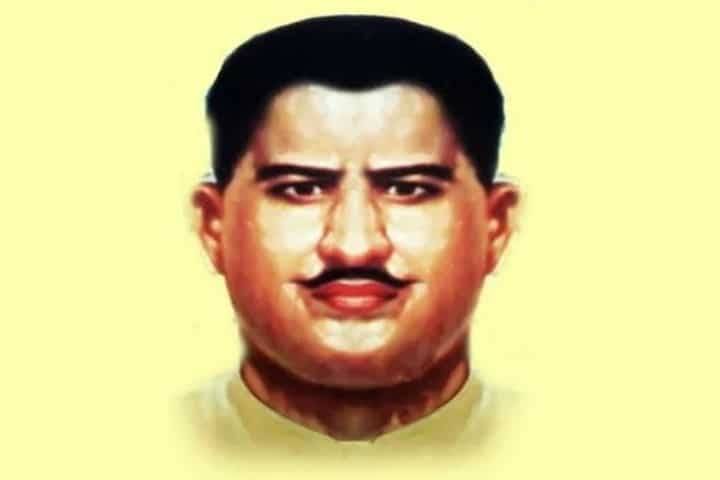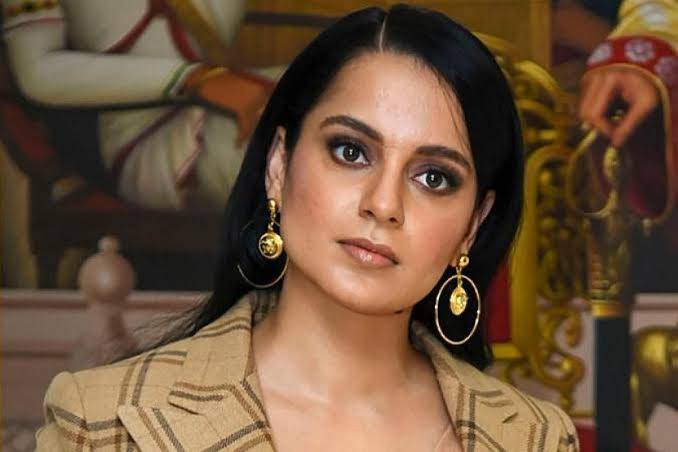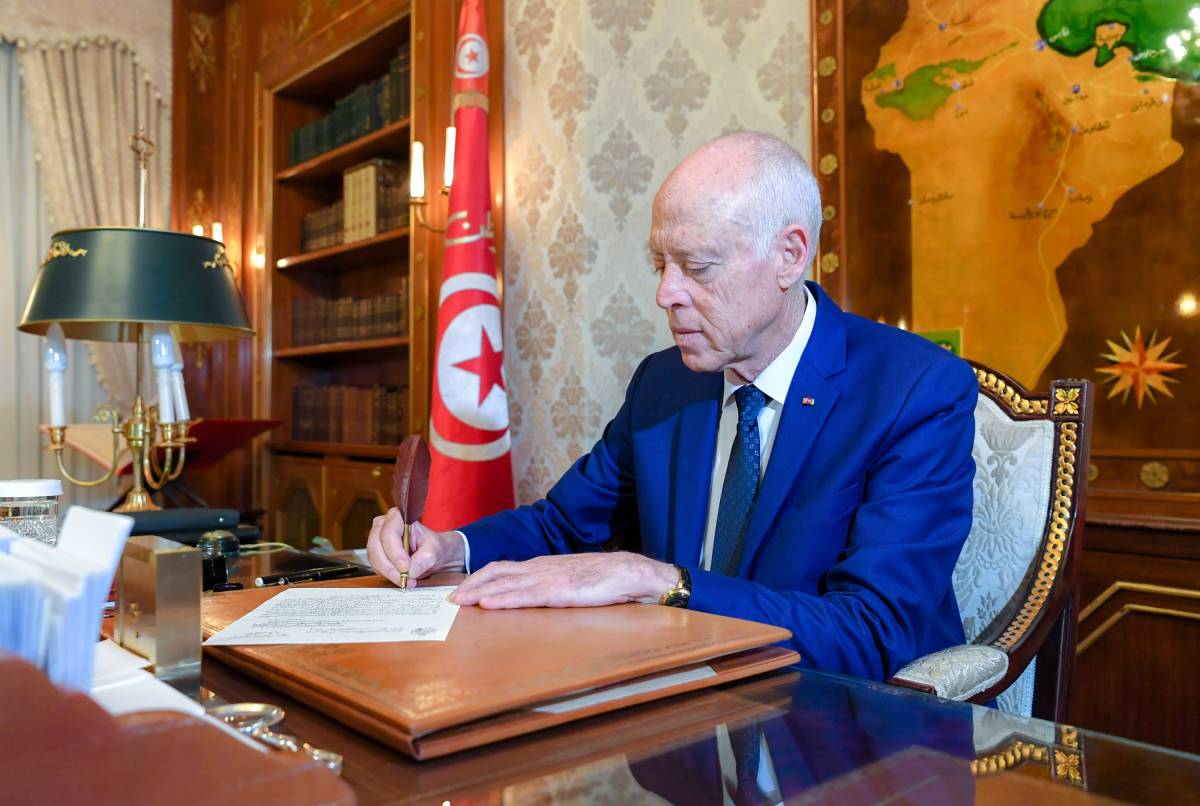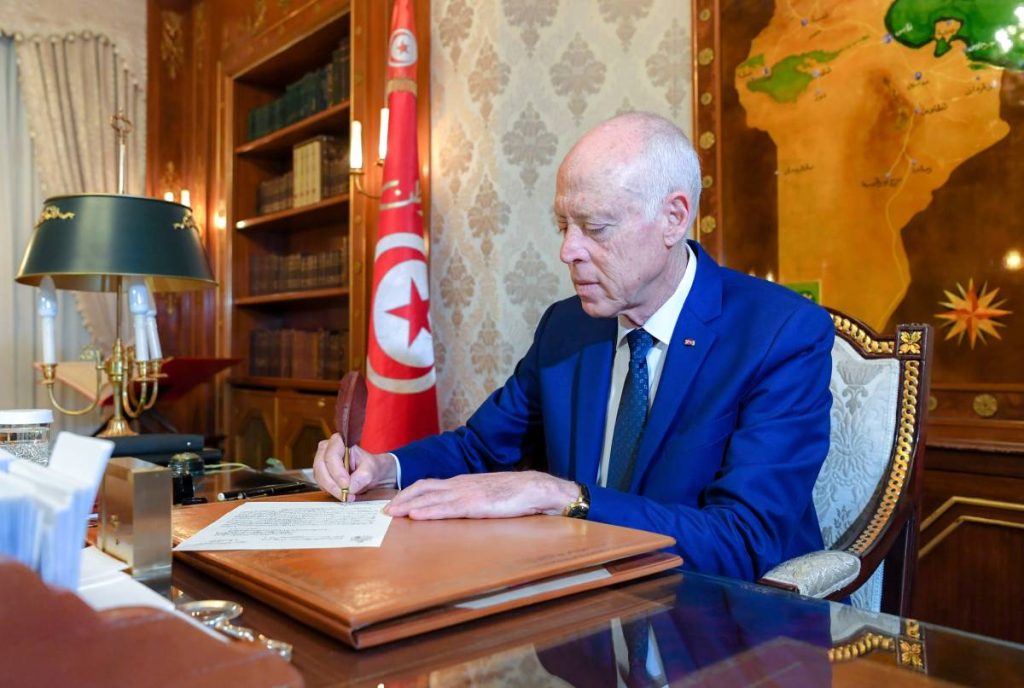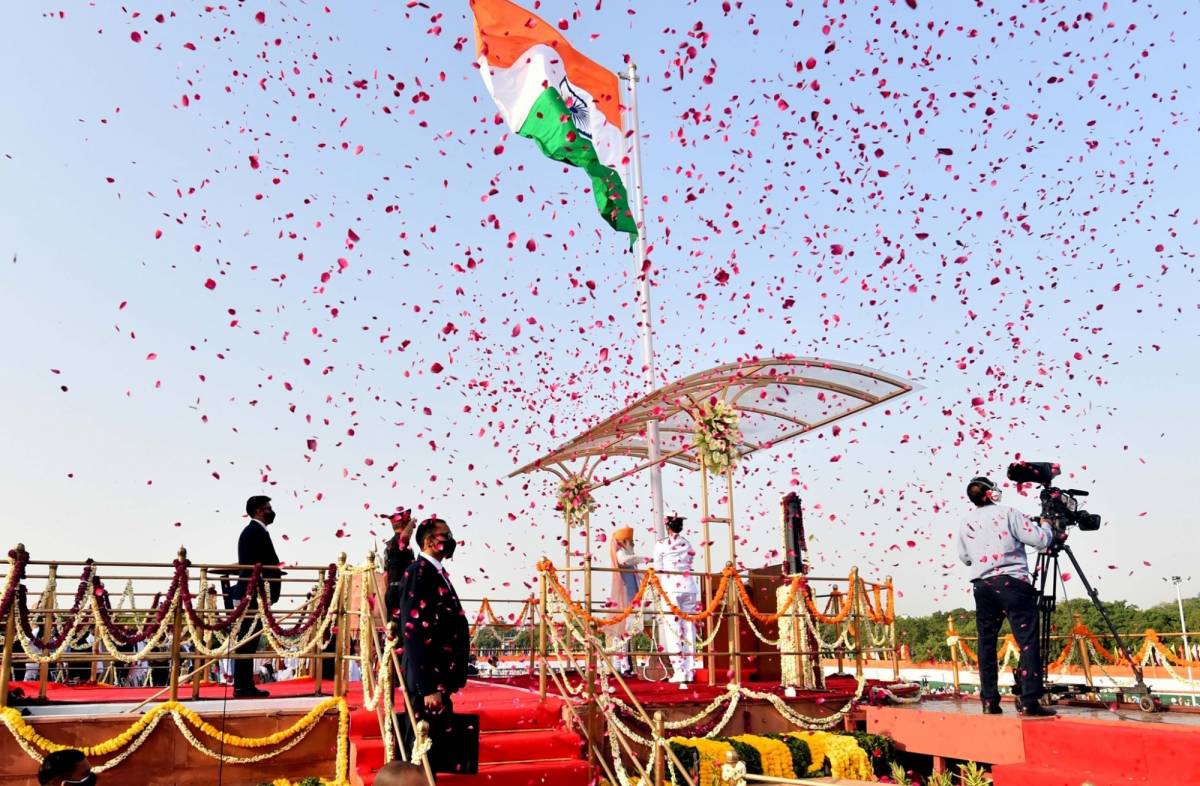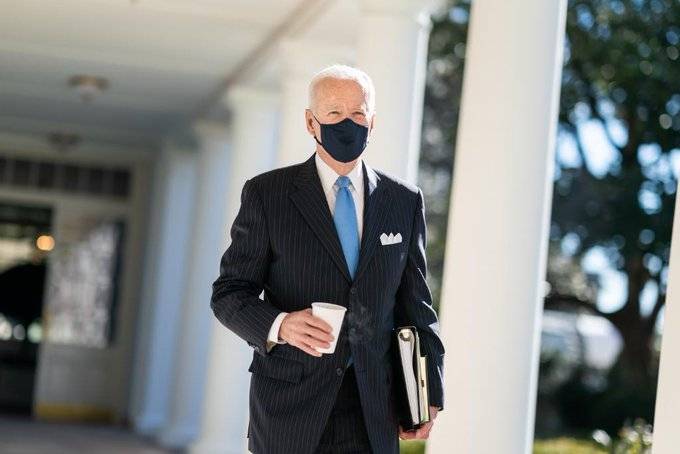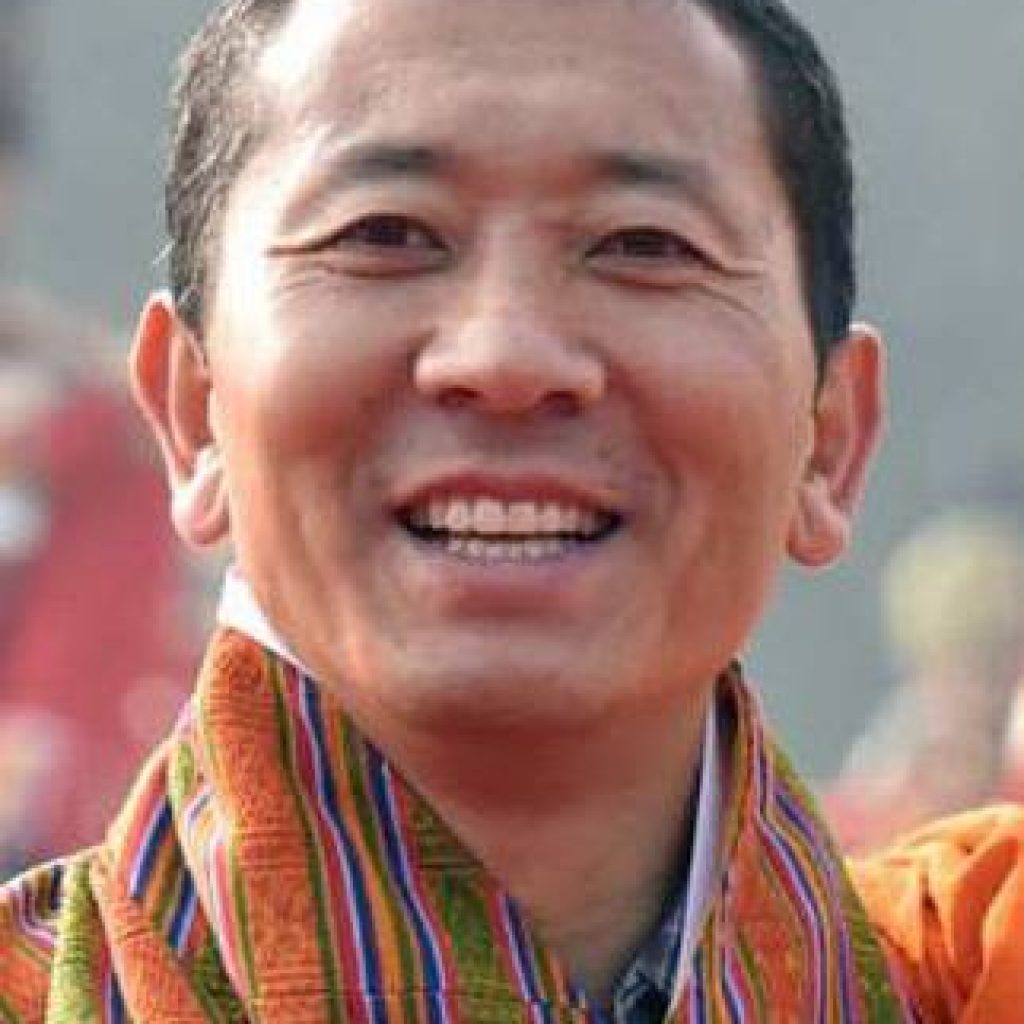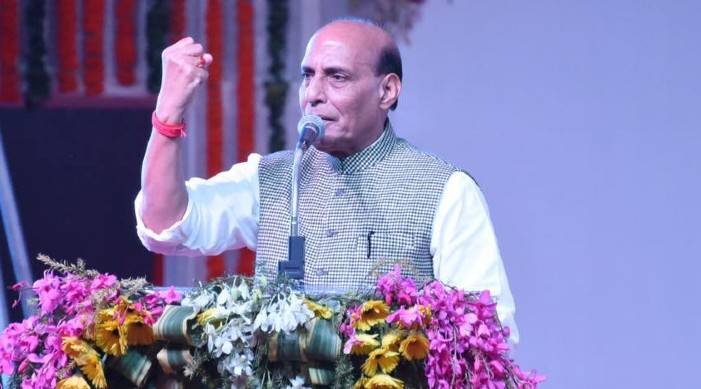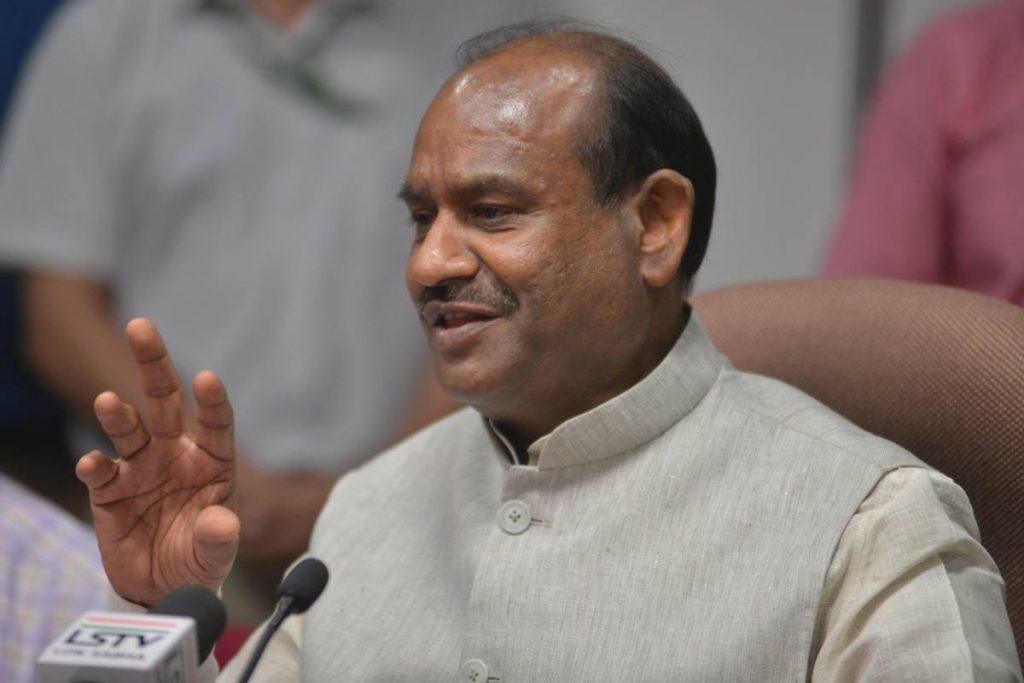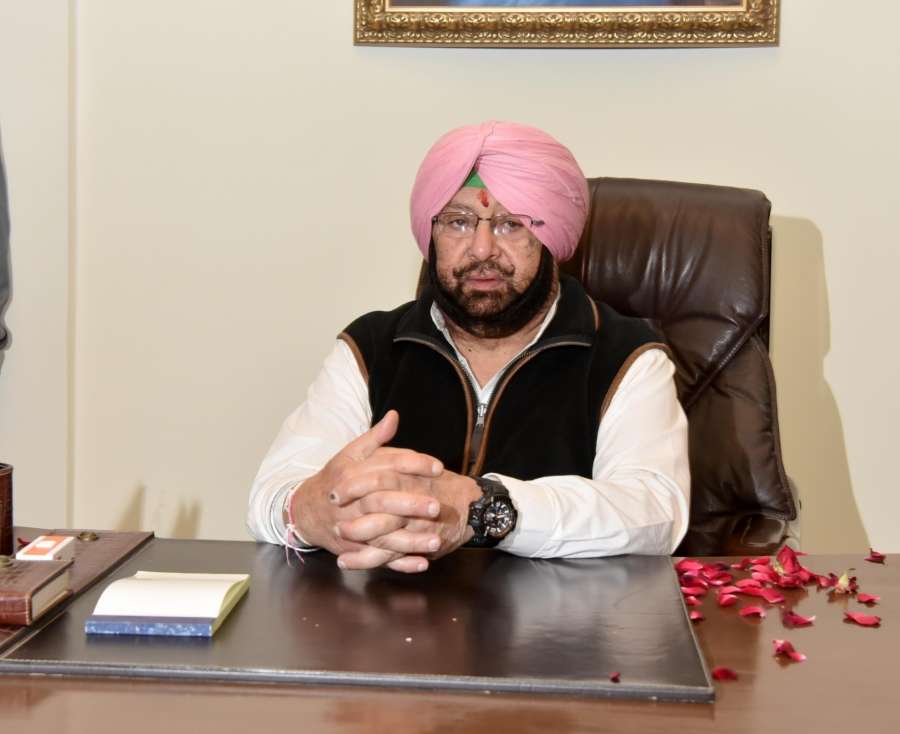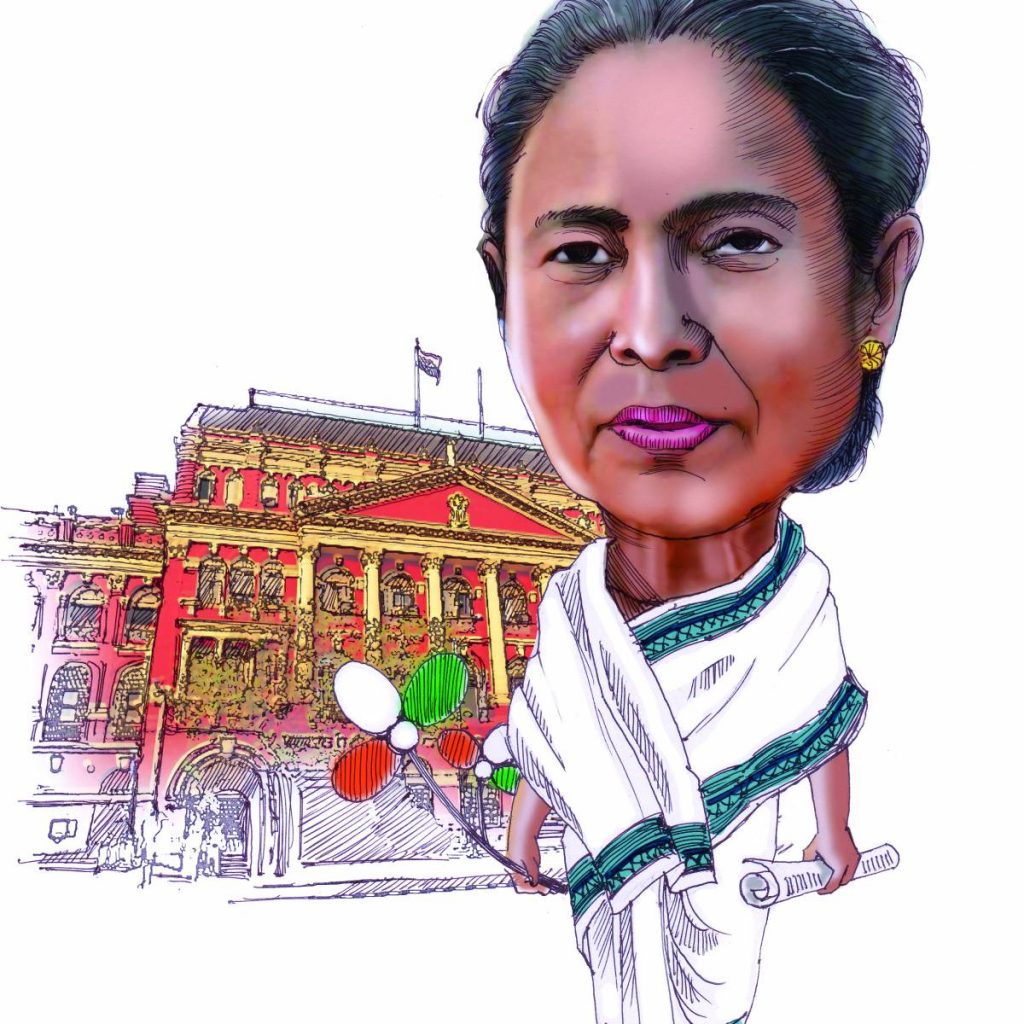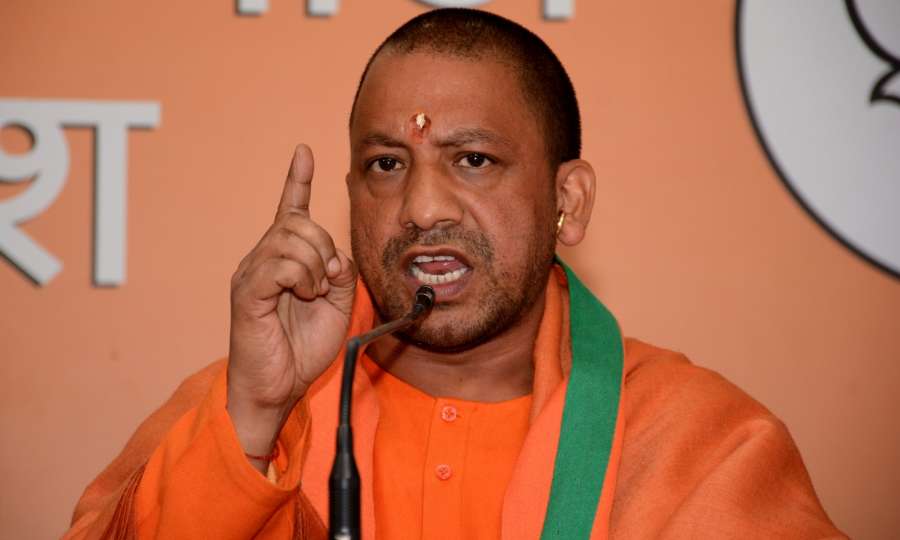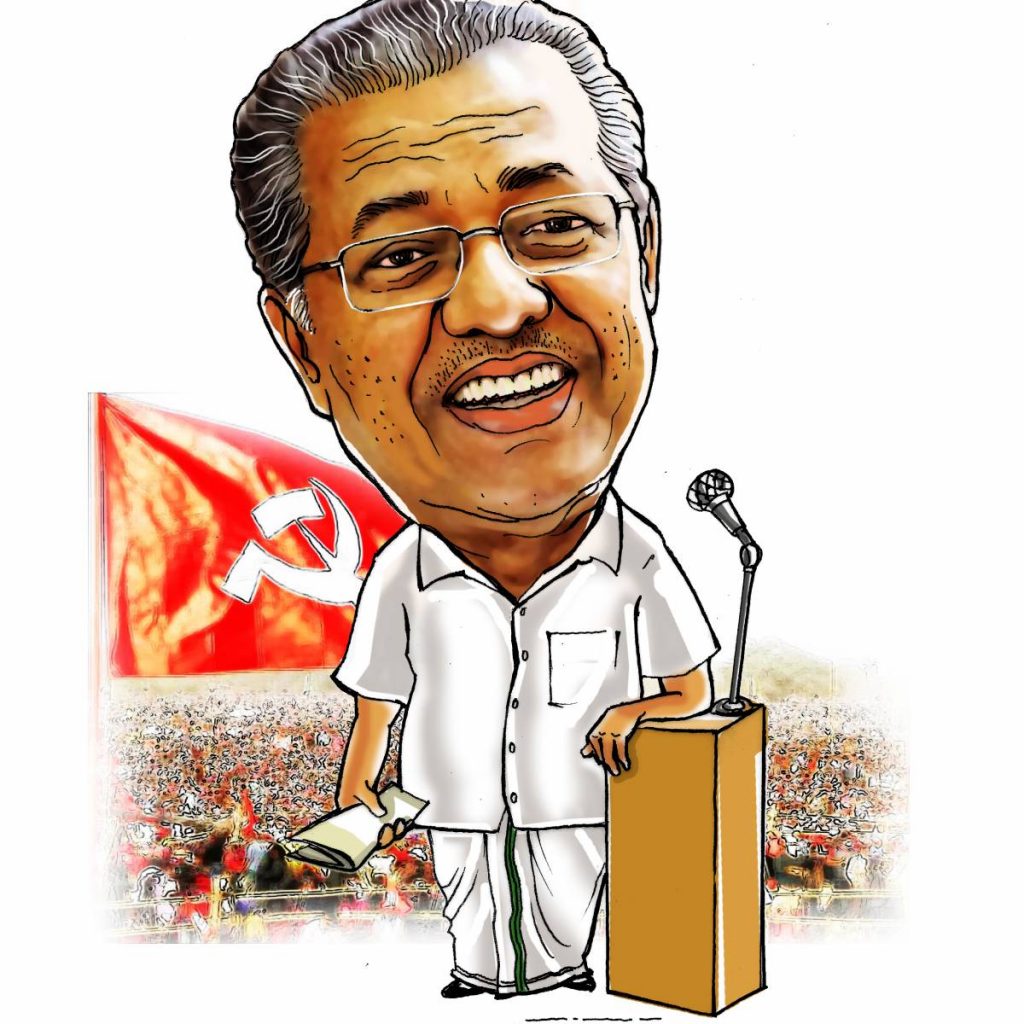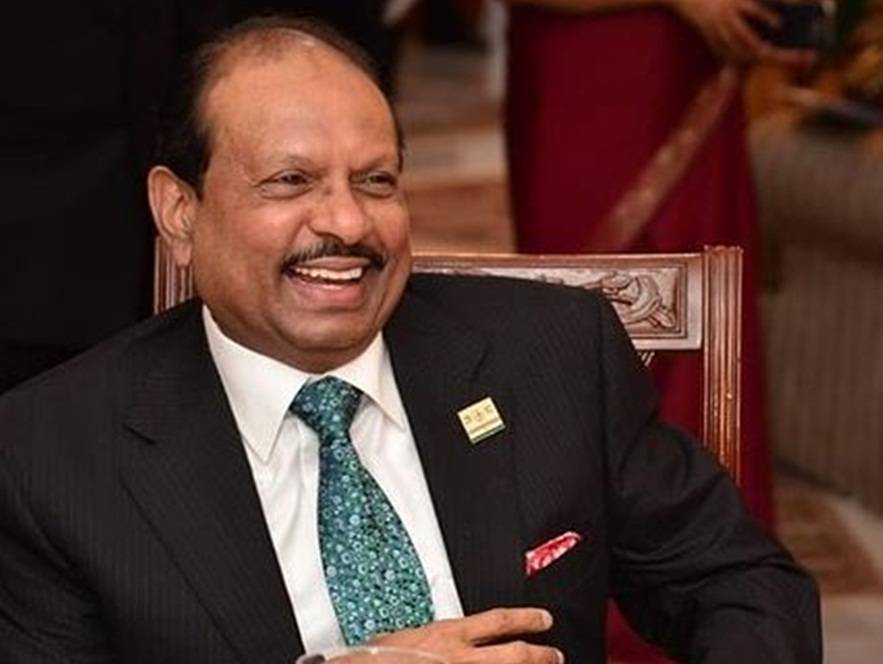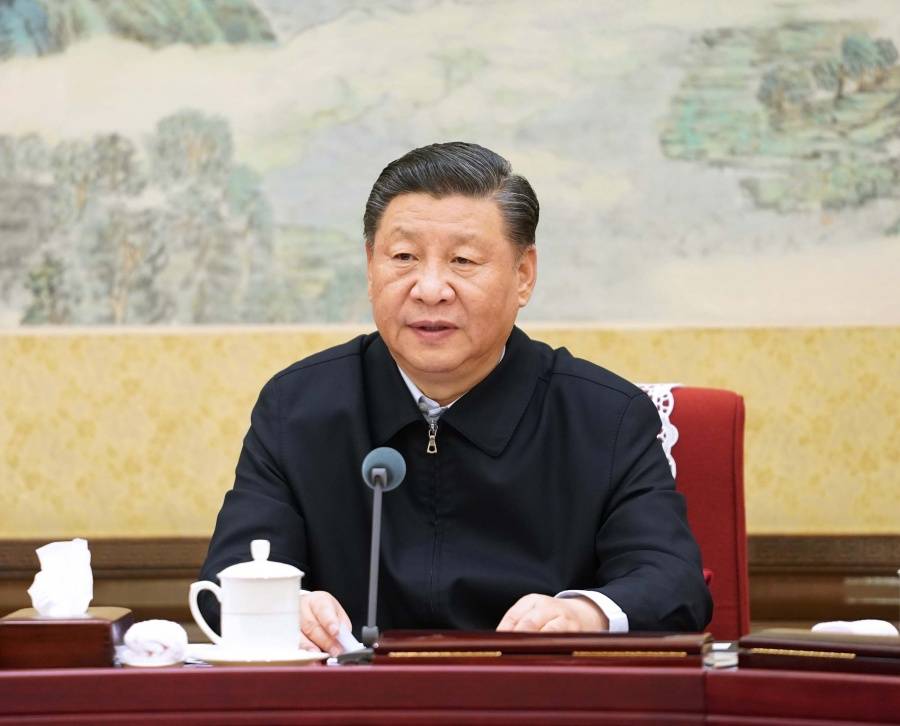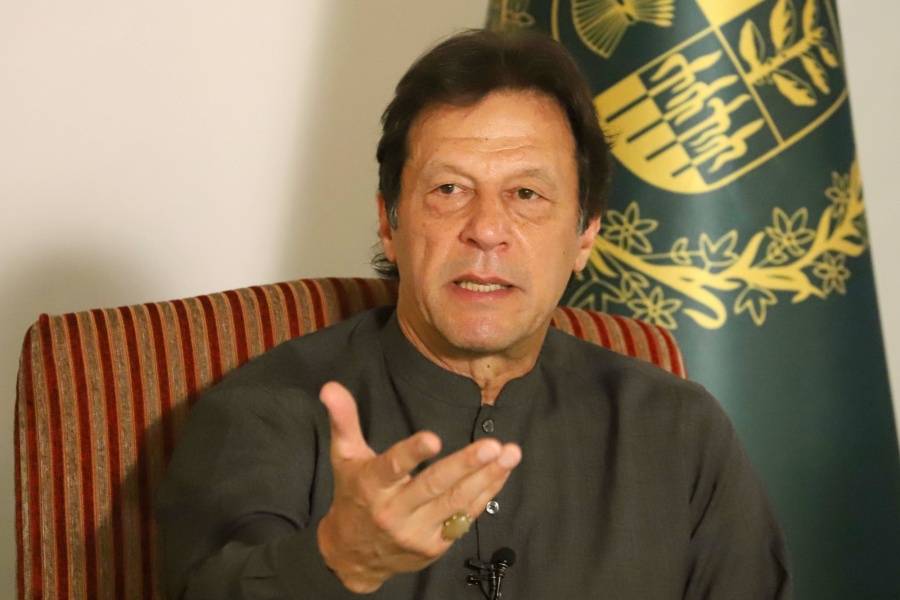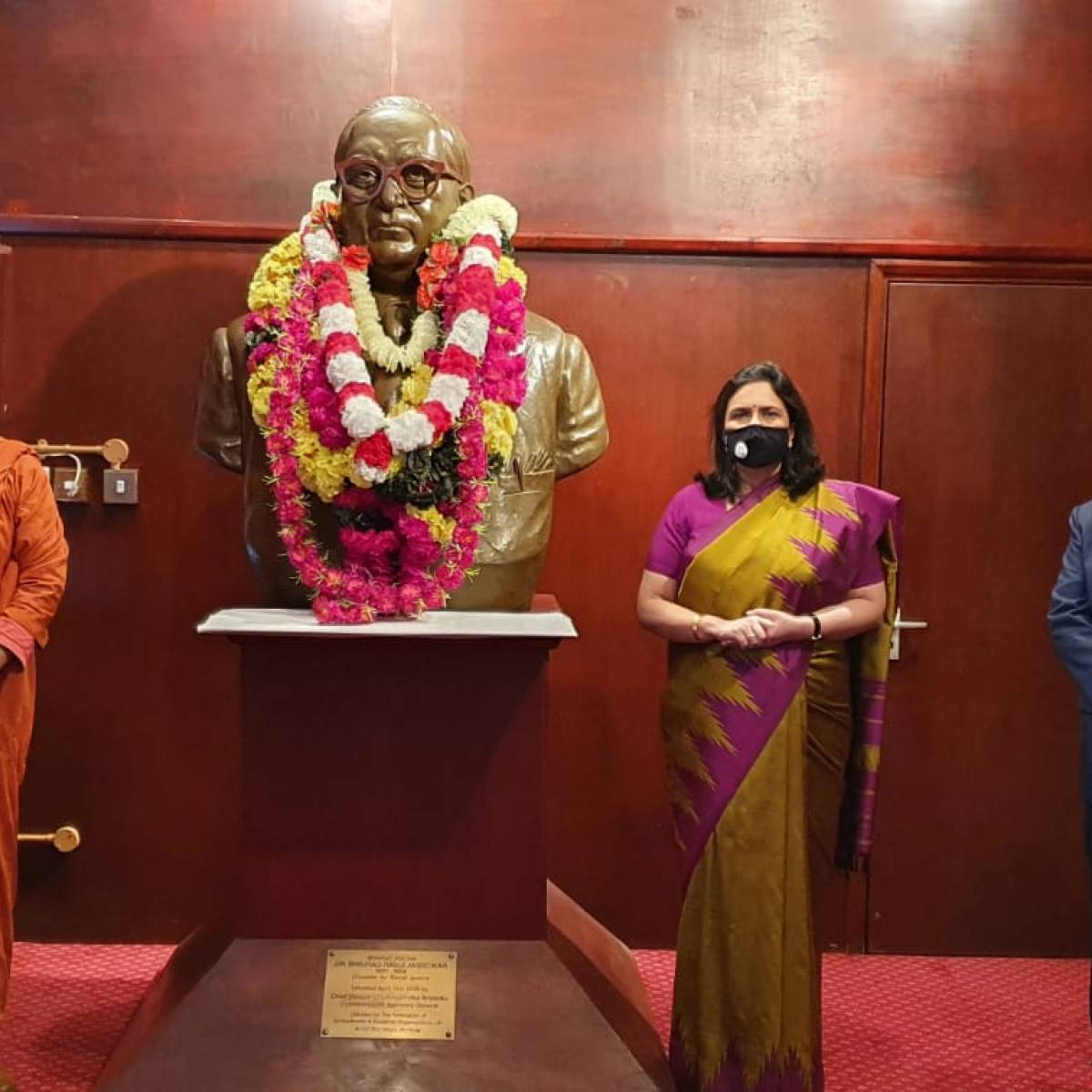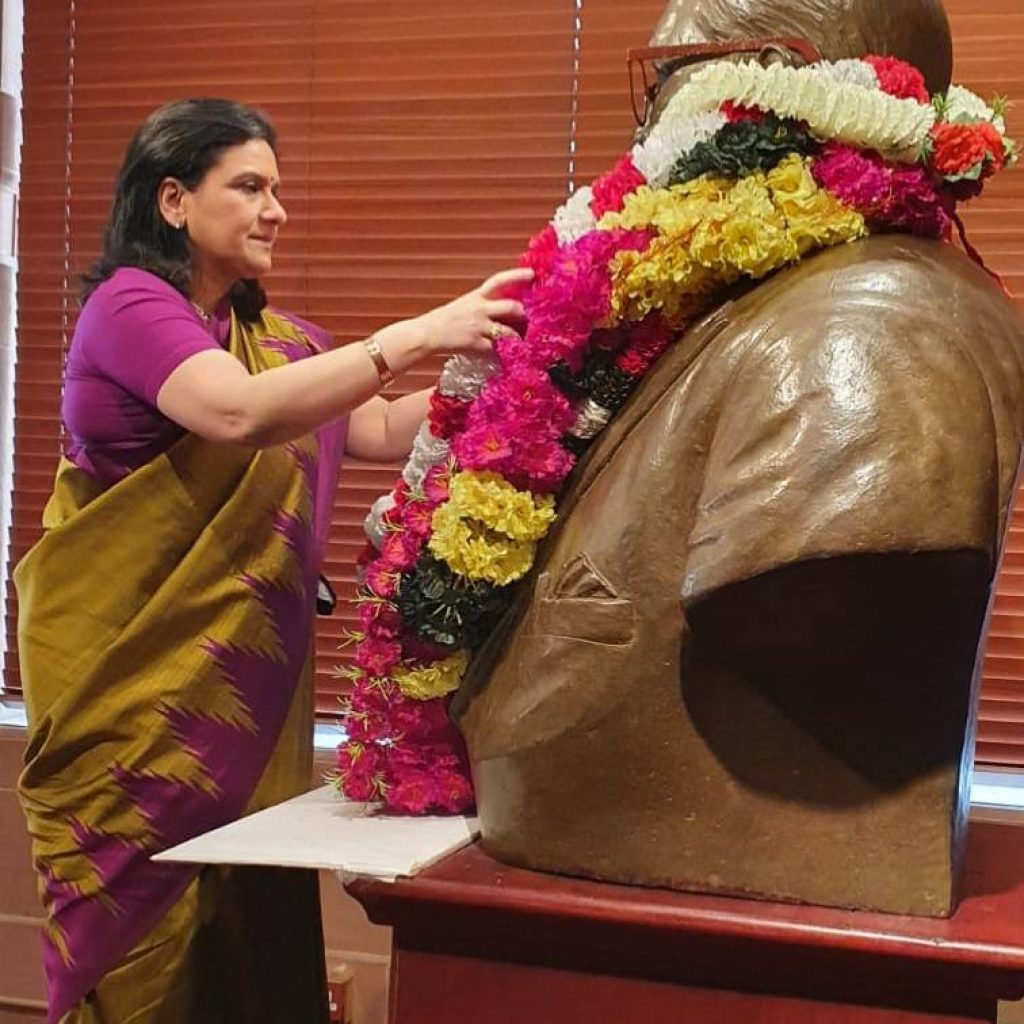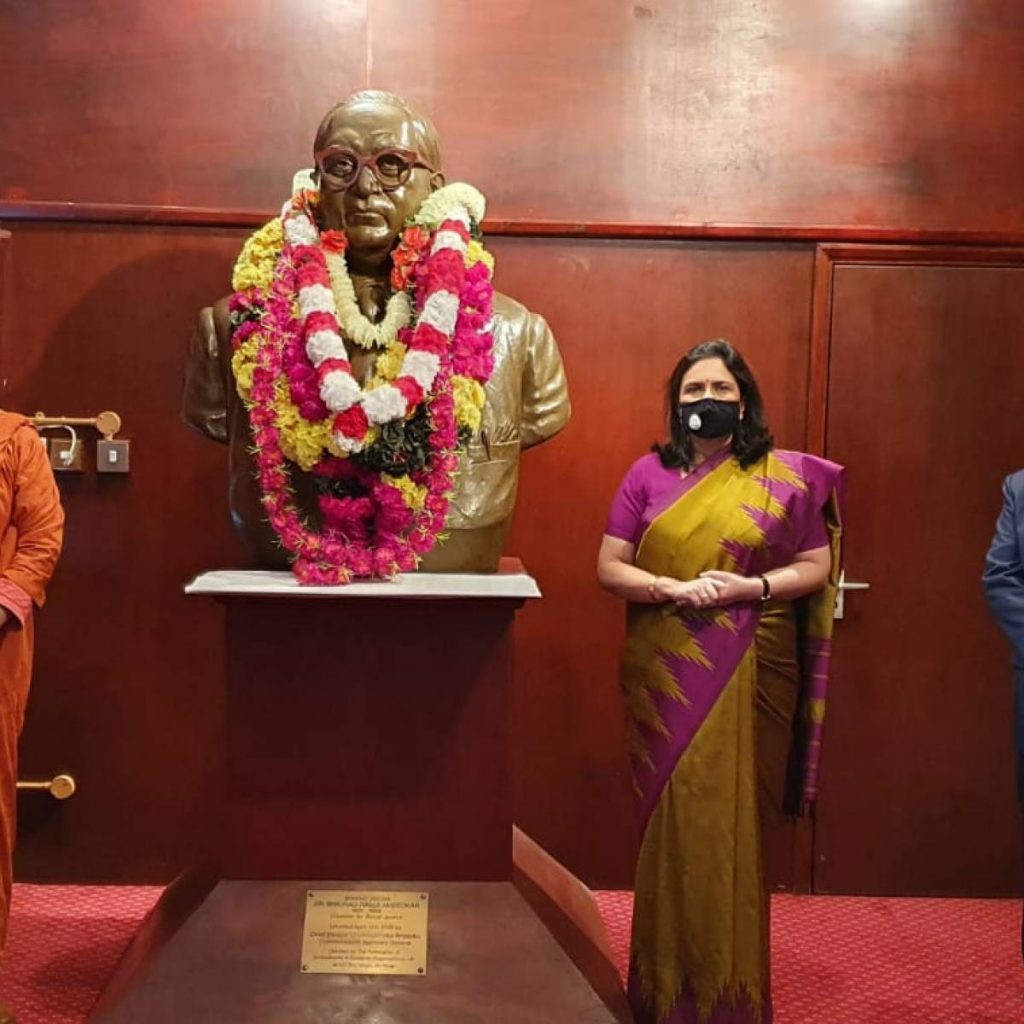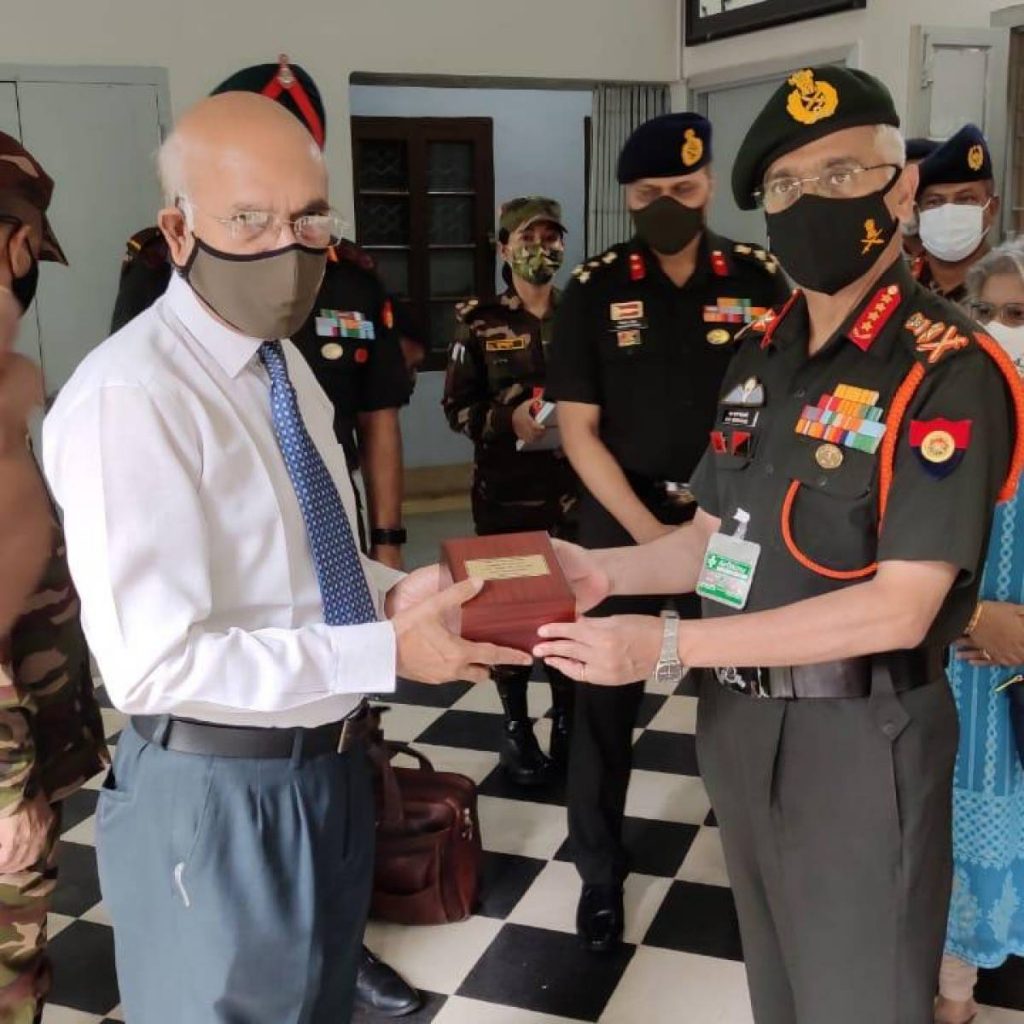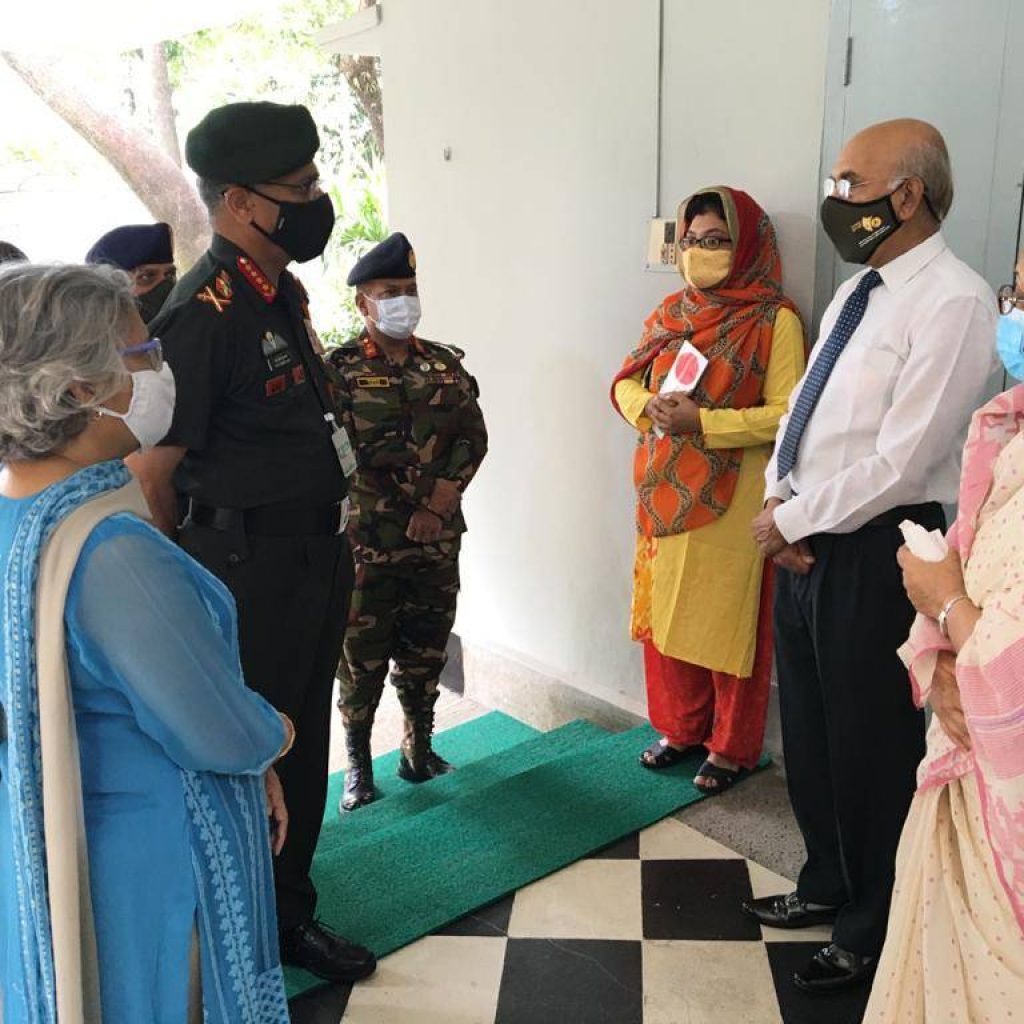During the Burmese invasions of Assam (1817-1826), Maniram’s family went to Bengal, which was then under the control of the British East India Company…writes Sujit Chakraborty
Maniram Dutta Barua, commonly known as Maniram Dewan, was one of the first Assamese to establish Tea Industry in Assam and was initially a British loyalist.
He fell out with the British due to their oppressive dominance and during the First War of Indian Independence, he motivated the Ahom Royal of Assam to rise in mutiny and to declare himself as independent of the British.
The plot was unearthed and he along with Piyali (or Peali) Barua was hanged on February 26, 1858 at Jorhat Central Jail at the age of 51.
Maniram Dewan’s execution by the British sparked off an open rebellion against colonial rule.
According to Debo Prasad Barooah, former Vice-Chancellor of Gauhati University, Maniram Dewan and Piyali (or Peali) Barua became martyrs to the cause of freedom in Assam and their sacrifice and the sacrifice of their compatriots made a deep and lasting impression on the minds of the Assamese people who remembered with pride these heroes of 1857 at every stage of the freedom struggle.
During the Burmese invasions of Assam (1817-1826), Maniram’s family went to Bengal, which was then under the control of the British East India Company.
In the early days of the First Anglo-Burmese war (1824-1826) Maniram’s family again returned to Assam with the protection of the British.
After defeating the Burmese, the East India Company gained the control of Assam through the Treaty of Yandabo (1826) earning the support of Maniram, the then royal dynasty and people of Assam.
The British East India company’s role against Burmese invasions inspired Maniram to be a loyal associate of the company and he then began his career with the company under David Scott, who was the agent of Governor General in Northeast India.
In 1828, the 22-year old Maniram was appointed as the Tehsildar and then Sheristadar of Rangpur (present-day Sivasagar), which was once capital of Ahom kingdom.
Writer and historian Prof K.N. Dutt said that recognising his capabilities, the British appointed him as Dewan of the Assam Company Ltd, the tea company incorporated in London in 1839 with headquarters at Nazira near Sivasagar in eastern Assam. Thus he came to be known as Maniram Dewan.
A scholar, Maniram was also a patron of literature and he frequently donated money for the publications of various magazines and books.
Later he was made the Prime Minister (Borbhandar) by Purandar Singha, the titular ruler of Assam during 1833-1838 and Maniram continued to be an associate of Purandar’s son Kameswar Singha and grandson Kandarpeswar Singha.
When the British deposed Purandar Singha, an angry Maniram resigned from the posts of sheristadar and tehsildar causing the beginning of his bitter relation with the British.
With knowledge in diverse subjects, Maniram apprised the British about the Assam tea grown by the Singpho people, which was hitherto unknown outside Assam.
Considering Maniram’s knowledge about the tea and his other skills, in the year 1839 he was appointed as the Dewan of Assam Tea Company at Nazira with a salary of Rs 200 per month.
But following the differences of opinion with the British officers, a year later (in 1840) Maniram quit the job intending to start tea plantation as he had obtained adequate knowledge and expertise in tea plantation and he became the first Indian to grow tea commercially in Assam by establishing tea gardens at Chenimora in Jorhat and Selung in Sivasagar respectively.
According to Samudra Gupta Kashyap, a veteran Guwahati-based Journalist of repute, who had reported the Northeast to the outside world for close to four decades, Maniram did not keep himself in tea cultivation only.
Gradually he started various other trades, including that of gold, salt production, iron smelting, manufacturing of various goods, boat and brick making, ivory work, ceramic, agricultural products, and many more, Kashyap, currently a State Information Commissioner in Assam, told IANS.
With the gradual expansion of his trade and business, Maniram’s mass contacts with the people of various walks of life increased tremendously and he dreamt to turn Assam a self-reliant province.
Maniram’s popularity, his enterprising skills and other feats made him hostile to the British and by 1850, his relation with the British became very worse and started facing frequent administrative obstacles in setting up of private tea plantations. The European tea planters are also pushing the British against Maniram.
In 1851, a British officer seized all the facilities provided to him earlier. Maniram’s 185-member family had to face economic hardship following the British hostilities.
When the Indian Mutiny (1857-59), which was also called Sepoy Mutiny or First War of Independence, started against the British on May 10, 1857, Maniram thought that it was an appropriate time to restore the Ahom rule.
With help from messengers disguised as fakirs, he sent coded letters to Piyali Baruah, who had been performing the role chief advisor of Kandarpeswar Singha in his absence.
In these letters, Maniram urged Kandarpeswar to start a rebellion against the British, with the help from the sepoys at Dibrugarh and Golaghat. Kandarpeswar assured to double the salary of the sepoys if they were able to defeat the British.
Maniram also wrote secret and coded letters to the Saring Raja and other reliable persons about him at Jorhat and Sibsagar urging them to make preparations for a coup to seize power from the British in Assam with the help of Sepoys won over from the British Indian troops stationed at Dibrugarh and Golaghat.
Without wasting time, Kandarpeswar and his followers immediately hatched an anti-British plot and procured arms while Kandarpeswar got support to his mission by a large number of influential local leaders, including Urbidhar Barua, Mayaram Barbora, Chitrasen Barbora, Kamala Charingia Barua, Mahidhar Sarma Muktear, Lukd Senchowa Barua, Ugrasen Marangikhowa Gohain, Deoram Dihingia Barua, Dutiram Barua, Bahadur Goonburna, Sheikh Farmud Ali and Madhuram Koch.
On August 29, 1957, the sepoys planned a march to Jorhat, where Kandarpeswar would be installed as the King on the day of the Durga Puja and then Sibsagar and Dibrugarh would be captured. However, the plot was uncovered by the British with the help of spies before it could be executed.
Kandarpeswar, Maniram, and other leaders were arrested. Maniram was nabbed in Calcutta, kept in Alipore jail for a few weeks, and then brought to Jorhat.
“The letters of Maniram, sent in July 1857 to Kandarpeswar Simha from Kolkata, fell into the hands of the police in Jorhat. This letter became documentary evidence of the conspiracy hatched by Maniram in league with Kandarpeswar Simha to oust the British,” said former Gauhati varsity Vice-Chancellor Barooah.
Based on the statement of Haranath Parbatia Baruah, the ‘Daroga’ (police inspector) of Sivasagar, Maniram was identified as the kingpin of the plot.
The former VC Barooah said that arrested in Kolkata, Maniram was sent to Jorhat by a steamer through the Brahmaputra river and reached on February 22, 1858.
A trial was held on February 23, and Maniram Dewan and Piyali Barua were awarded death sentences in a single day trial.
Holroyd, the British Principal Assistant who pronounced the sentence, specified that the two would be hanged on or before February 26, 1858, Barooah said in his article.
He and Piyali Baruah were hanged on February 26, 1858 at the Jornat jail.
Barooah said that towards the end of the 19th century the Assamese students in Calcutta (now Kolkata) formed an association — ‘Asamiya Bhasara Unnati Sadhini Sabha’ (association for the development of the Assamese language).
The Sabha’s objective was to inculcate the spirit of patriotism through literature and make the people aware of the heritage of the past. They drew up plans and programmes of the Sabha which included collections of manuscripts and folk tales also.
Their motto was ‘Sira chenehi mor bhasa janani’ (my mother-tongue is my mother who is ever affectionate), he said.

